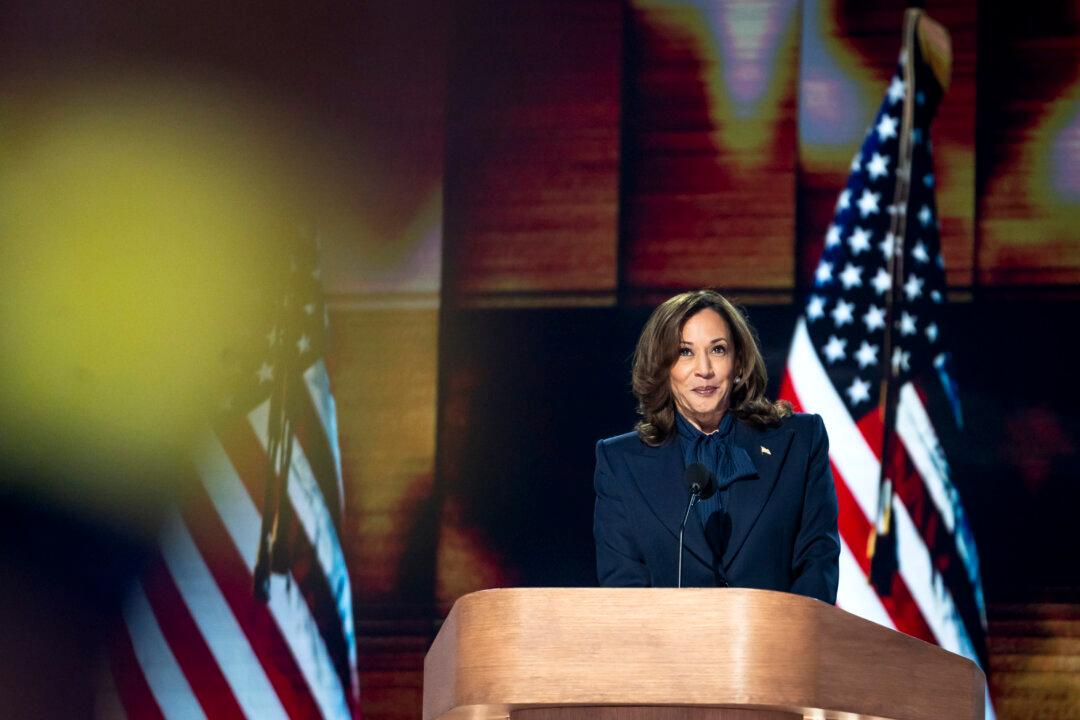Following her rapid rise to the top of the Democratic Party ticket, Vice President Kamala Harris has a lot at stake in her first extended media interview as the Democratic presidential nominee.
CNN chief political correspondent and anchor Dana Bash interviewed Harris and her running mate, Minnesota Gov. Tim Walz, which will air at 9 p.m. ET on Aug. 29. The sit-down interview was recorded at a local Black-owned restaurant in Savannah, Georgia. The pair are touring the Peach State by bus this week, visiting rural communities and suburbs in a bid to consolidate support across the crucial battleground.





